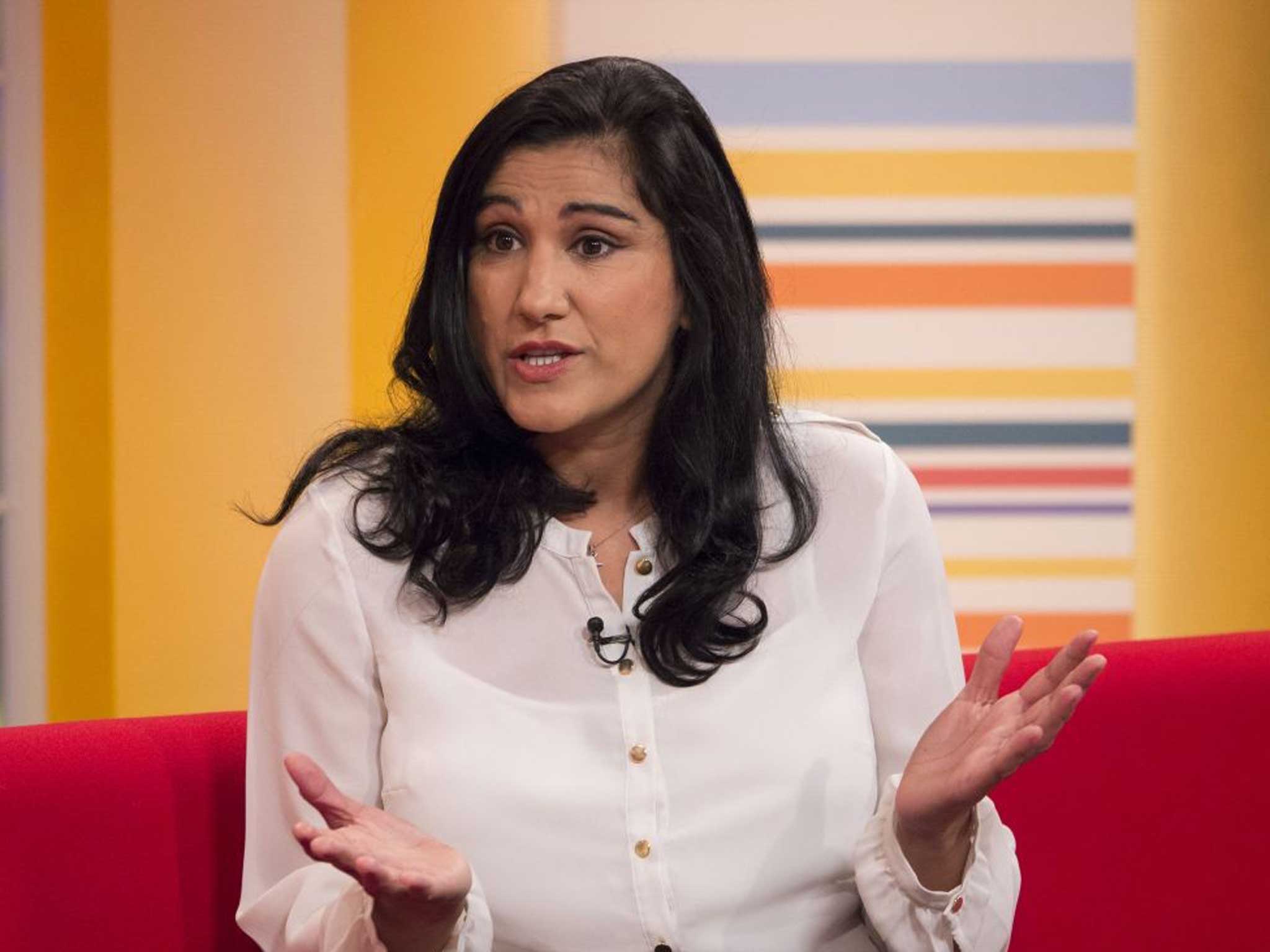Record numbers contact helpline for forced marriage and honour-based abuse
Charity warns calls are going unanswered as demand for advice overwhelms the service

The UK's only forced marriage and honour-based abuse helpline has received almost double the number of monthly calls it had last year. Capacity is now so stretched that its founder has warned that it may have to cut the line to only four days a week.
The project, funded by the Ministry of Justice, is experiencing more calls than ever before and missed almost 140 calls in one month both from people potentially at risk of being coerced into marriage or of abuse at the hands of their family or community, and from professionals trying to help victims.
Almost 1,070 calls came into the helpline, run by the Karma Nirvana charity, this January, compared with just over 660 in the same month last year. The charity claims it is missing double the number of calls it did 12 months ago.
The majority of the known callers were women who were concerned about being the victims of honour-based abuse – physical or mental abuse which may have been committed to protect or defend the honour of the family or community – and forced marriage. Some callers were under 15 years old and the majority of known callers were from London. Many called back repeatedly for help.
Jasvinder Sanghera, founder of Karma Nirvana, said the people who call the helpline represent just a "drop in the ocean" of all those who need help. The phone line once received a call from a five-year-old child who had been promised to someone as their wife, she said. "This is a hidden crime and our victims have multiple perpetrators," she said. "They can be extremely isolated, with their nearest and dearest trying to keep them away from agencies. Reporting is quite rare and very courageous. We know we have funding until March next year, but we can't operate at full capacity. We'll have to consider cutting the service to four days a week, because we can't cope with the level of demand."
This year it will become a criminal offence to force anyone into marriage in England and Wales. MSPs in Scotland recently voted for the Westminster legislation to be applied north of the border. According to Ms Sanghera, calls to the helpline shot up once proposals in the Anti-Social Crime and Policing Bill were announced. About 41 per cent of their callers in January were from professionals, such as police officers, teachers and social workers, trying to help victims. It costs close to £160,000 to run the helpline annually.
In January alone, the helpline helped a 17-year-old girl who was being physically and emotionally abused by members of her immediate family and was scared she would be forced into marriage when she finished school. Although she had disclosed the information to a teacher, her parents got involved and the case was closed. After a charity worker spoke to social services on her behalf, she moved away from her family and into safe accommodation.
The charity also received a call from a police officer who was helping a same-sex male couple in their early twenties, who were at risk of honour abuse and being coerced into marriages. The couple had run away and were housed in another area through a local authority.
Shahina Swain knows first hand how important it is to have someone to reach out to when undergoing honour-based abuse. More than a decade ago, when she was 17, her parents took her and her siblings to Bangladesh to meet their extended family. Once there, Ms Swain was told she would be married to her 16-year-old first cousin – whom she had never met – within a matter of days. She escaped only when a relative from Britain, who heard about the plan, flew out and took her home. She has since been disowned by her family and lives with her husband in London. "There was sheer panic, shock and disbelief [when I was told about the marriage]. I said, no, I didn't want to go through with it. But it is a case of: tough, this is what you have to do. Once home, the trust for me had completely gone. The people I loved, who I felt were going to protect me, had done the ultimate thing by betraying my right to choose.
"The trauma itself is something you can never get past. I can't celebrate family time, my birthday or their birthdays. You need to give these victims a voice. For me, this would have been an immense support."
A Ministry of Justice spokesman said the department has "listened to the issues raised by Karma Nirvana and are considering them carefully". He added: "We are making more money available than ever before to help victims cope and recover from the effects of crime, making sure that offenders – rather than taxpayers – foot the bill."
